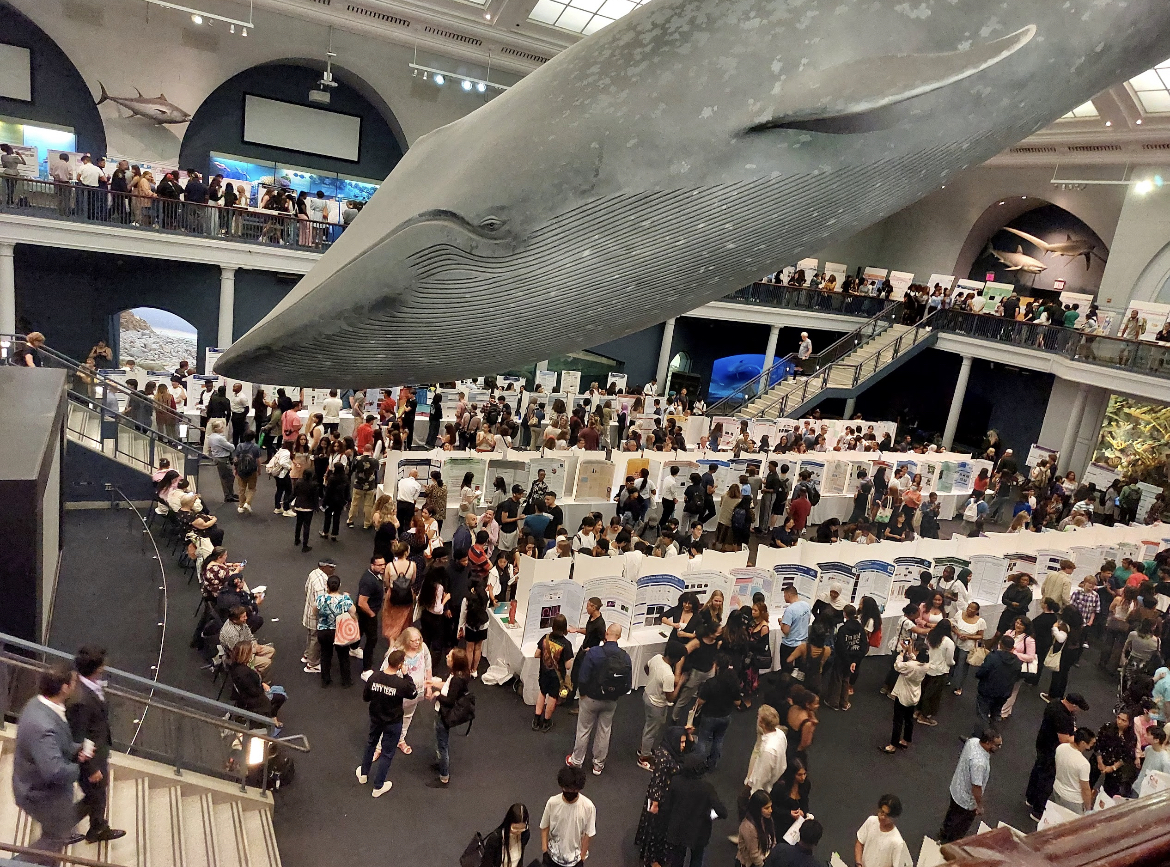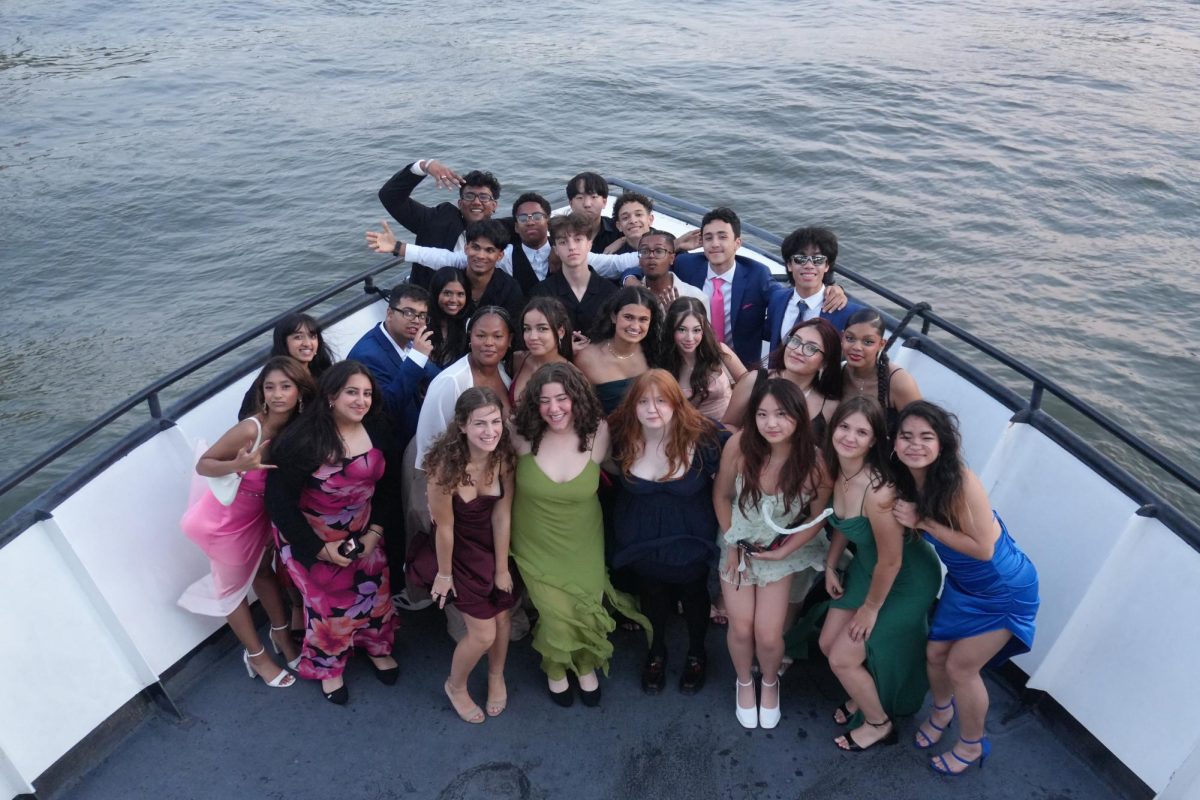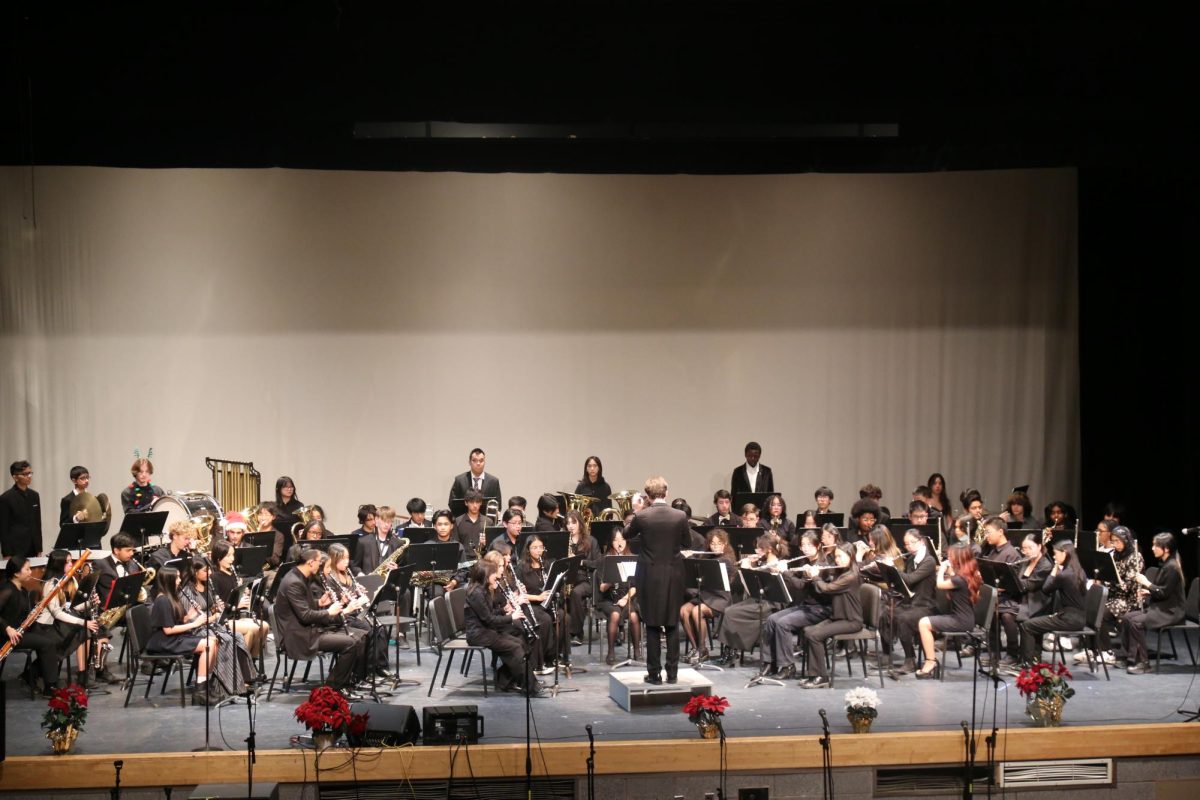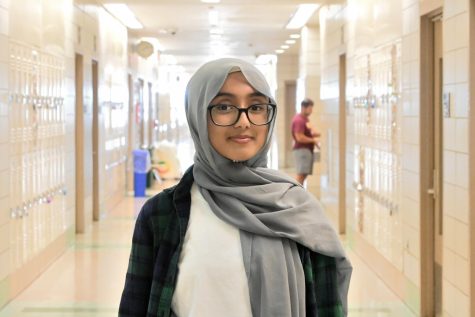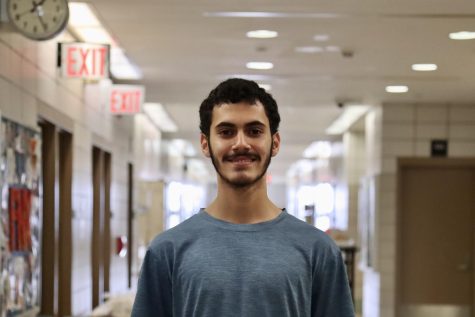
The New York City Science Research Mentoring Consortium, known as ‘the Consortium,’ is a group of over 30 STEM programs offering students from a diverse set of backgrounds access to resources and mentors in order to guide them into their fields of interest. On August 10, the Consortium hosted a symposium at the Museum of Natural History, where students from 21 of their programs — a number of them being Harrisites — presented the fruits of their labor, amounting to over 200 research posters.
The symposium allowed the participants to showcase their projects and present their research, with many professors observing and commenting to ask any further questions regarding the project. For most Harrisites in attendance, this was a new experience.
Participant Felicia Granel, a junior at Townsend Harris High School,said, “When the event started, people walked around the exhibit and stopped to ask for more information if they were interested. Most were professors leading other students around… some of [them] included people from big colleges, like Columbia.”
Felicia remarked that she became accustomed to improvising answers to the questions these visitors would ask her. “I was definitely nervous, [and] I had to learn to improvise because I kept forgetting my original script for presenting.”
Junior Jasmyn Pillay described the symposium as a “networking event.” She said, “I think it was a great way to network with different labs and people that you normally wouldn’t get the chance to talk to because all the labs were scattered across the NYU campus. [We were] able to speak to other students and see what they were working on— I think it was really interesting.”
She shared similar thoughts with Felicia as to what she learned while presenting; though she has much familiarity with speaking, she still found this specific instance unique and valuable. “I’ve done a lot of public speaking projects, but being able to present a research project was just something that was so out of my comfort zone and [took] a ton of practicing to get used to,” she said. “Aside from that, I was comfortable with my project, [which] made it much easier for information to just roll right off the tongue.”
Additionally, she mentioned her respect for her peers’ work, saying she felt they were interesting and well done. “In a way, it was kind of intimidating. It made me feel like a standard to live up to; but overall, I think presenting to my peers made the stress a little more endurable because [I knew] all [of them were] in the same position as I was and wanted me to succeed just as I wanted them to succeed.”
Senior Kaia Lain said, “It was such a fun experience. It was so amazing to talk to people that actually cared about my work and found it as interesting as I do.”
Both Felicia and unior Ranisa Khan worked with the CUNY STEM Research Academy (CSRA), a program that allows high school students to perform research at a college campus. This past summer, the program was held at Queensborough Community College, from Monday to Thursday every week through July and August. CSRA participants collaborated with their peers and mentors, conducted research, and then wrote about their respective research topics. At the end of the program, students earned a $2,050 stipend.
At CSRA, Ranisa researched the correlation between walkability factors and obesity rates.She said, “I learned how to understand and write research papers. It’s structured differently than other papers so it was new information. It’s also really important to write papers about your research so it could be applied well in future research.”
Meanwhile, Felicia studied hypoxia events in the Long Island Sound. “One thing I learned is that sometimes the computer doesn’t know everything. And I also found that you may not always be correct,” she said in regard to her work.
Both Jasmyn and Kaia attended on behalf of the Applied Research in Science and Engineering (ARISE) at New York University, which provided students with lab experience and mentorship. This program ran through June 28 to August 11, engaging in a variety of courses ranging from Chemical Engineering to Artificial Intelligence..
Kaia’s study involved ways college students could change their lifestyles to “implement healthy habits.” She said, “I learned how to write a paper and how to cohesively formulate an argument and collect data.”



























